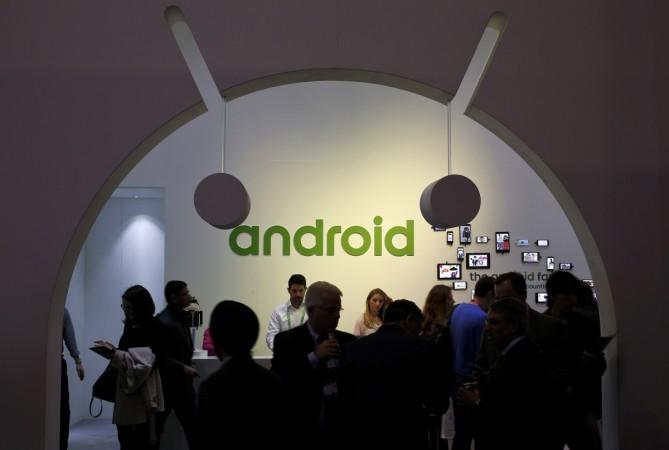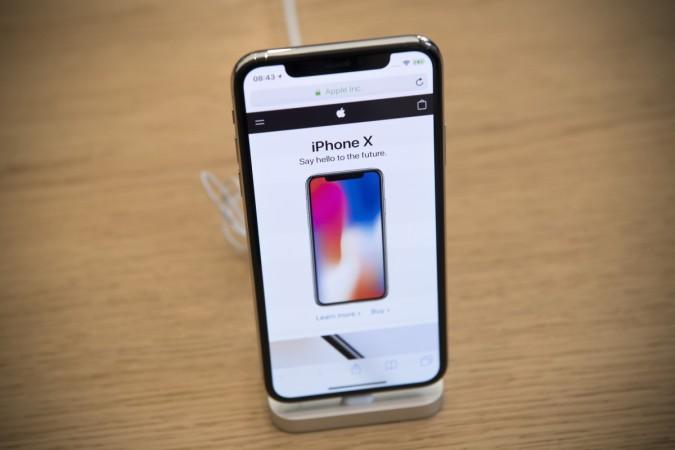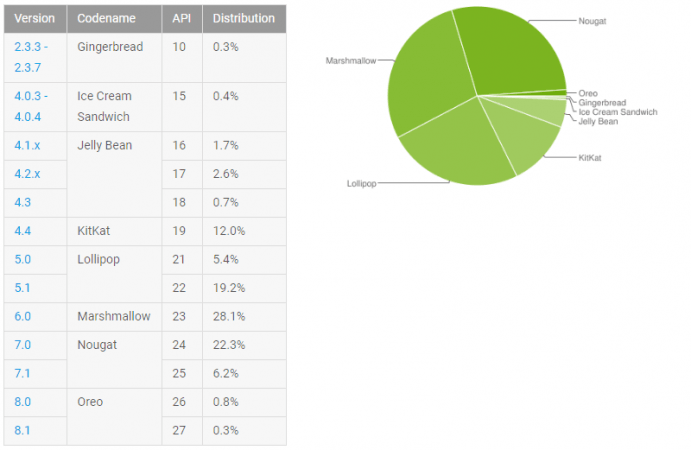
What makes iOS-powered iPhones so great? If it is the simplicity of the interface, buttery smooth user experience, swift software rollouts or embracing the newly formed notch in the iPhone X, then you'll be convinced with Google's upcoming Android OS, Android 9.0 aka Android P.
According to a Bloomberg report, Google wants to win over iPhone users by adding a new feature that iOS users will find relevant. It seems like the world's largest web search titan is willing to go any lengths to be successful in its approach to persuade iPhone users to jump the ship. But the question is will it be successful?
Well, we are not kidding when we say Google is willing to go any lengths in its new mission. As the report highlights, Google's Android P update, which is still a work in progress, will embrace the notch. This will encourage OEMs to build phones with the controversial notch that sits on top of a truly bezel-less smartphone to accommodate important sensors and cameras.
Android is already the leader of mobile operating systems, mainly due to its open nature – something Apple refuses to be for its iOS. The closed-loop iOS powers only Apple devices, such as iPhones and iPads, which makes the software secure, fast and easy to update. With the release of Android P this year, Google is eyeing the Apple's faithful crowd.

With the launch of iPhone X, Apple designed the iOS software around the notch to make it look seamless. Google wants to do the same in order to keep up with Apple and allow phones to support new features. We already have Andy Rubin's Essential Phone with the notch-design, and Huawei is expected to join the flock soon.
But integrating notch design is just the tip of an iceberg. At the core of Android P, Google aims to tightly integrate its Google Assistant, improve battery life and support new designs such as foldable displays and multiple screens, people familiar with the company's plans told Bloomberg.
Google's biggest audience for its Android OS comes from low-end and mid-range smartphones globally. Apple's iOS is much preferred for the high-end choice. But embracing the notch cannot be the only solution to win over users.
The biggest pressing point of Android users is the significant delay in the rollout of software updates. In addition to that, most Android devices run outdated versions of the software, reserving the latest updates to new phones and flagships. Apple's latest Android Oreo is powering a little over 1 percent of all active Android devices, while majority phones still run Android Nougat, Marshmallow or Lollipop.

But Apple treats all users the same by rolling out the latest iOS updates to all supported devices simultaneously.
To fix that, Google introduced Project Treble, which is mandatory to be supported in smartphones launching with Android Oreo out-of-the-box. With Treble, Google wants to streamline the software rollout process by making the OS easier, faster and less costly for manufacturers to update devices. Project Treble allows OEMs to deliver Android by just updating the Android OS framework without any additional work required from chipset manufacturers.
It is natural Android P (Pistachio Ice Cream?) will give Project Treble a boost among many other new features. The full picture of what's in the Android 9.0 will be revealed at this year's Google I/O developer conference in May. Stay tuned.









